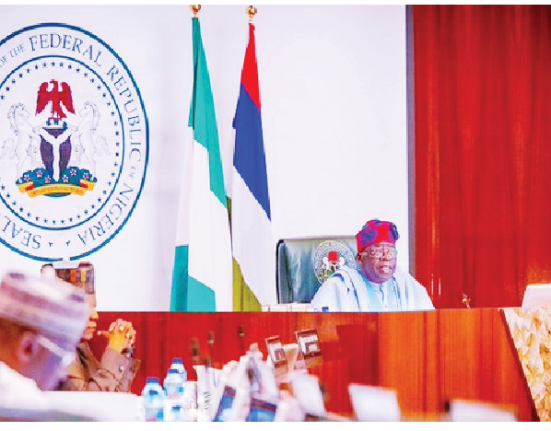The recent donation of N705 million by members of the House of Representatives to support vulnerable Nigerians might appear laudable on its surface. However, this gesture merits deeper scrutiny when placed within the context of Nigeria’s economic realities and the lawmakers’ compensation structure.
In mid-March, House Speaker Abass Tajudeen presented the substantial cheque to President Bola Tinubu, describing it as a six-month, 50 percent deduction from members’ salaries intended to augment the administration’s humanitarian efforts. While such philanthropy might ordinarily warrant public appreciation, the response from Nigerians has been notably muted.
This lukewarm reception stems from widespread awareness of the disproportionate allowances these lawmakers receive. According to the 2024 budget figures, the salaries of the 358 Representatives amount to N2.84 billion, while their allowances stand at a staggering N21.04 billion—nearly ten times their base salaries. This gives their donation the appearance of tokenism rather than meaningful sacrifice.
The Economist of London has previously described Nigerian lawmakers as the highest-paid in the world, a stark contrast to the nation’s economic challenges. With a national debt of N142 trillion, a budget deficit of N13.39 trillion for 2025, and debt servicing costs of N16.3 trillion, Nigeria’s financial landscape is precarious. Meanwhile, the national minimum wage remains at a meager N70,000 (approximately $40) monthly.
This disparity becomes even more pronounced when comparing Nigeria’s budget with those of neighboring African nations. Nigeria’s 2025 budget of N54.99 trillion ($36.4 billion) serves a population of 233 million, while South Africa allocates $141.4 billion for 63.21 million citizens. Even Ghana, facing its own economic challenges, has a per capita budget allocation significantly higher than Nigeria’s.
The true responsibility of legislators should extend far beyond occasional charitable donations. What Nigeria urgently needs is forward-thinking leadership willing to implement structural reforms, develop investment-friendly policies, and reduce the cost of governance. The focus must shift from performative philanthropy to substantive action that addresses the root causes of poverty affecting 140 million Nigerians living in multidimensional poverty.
If federal lawmakers genuinely wish to contribute to Nigeria’s development, they should begin by significantly reducing their own compensation packages, strengthening anti-corruption laws, and creating a legislative framework that encourages economic growth and equitable distribution of resources. Only then will their contributions reflect a true commitment to the welfare of ordinary Nigerians, rather than merely dropping crumbs from their table of plenty.
Politics
Reps Donate N705m to Support the Less Privileged
- by Alimot Akinola
- April 3, 2025
- 0 Comments
- 1 minute read
- 55 Views
- 6 months ago

Share This Post:
Related Post
Aviation, General
Nigerian Civil Aviation Authority Issues Stern Warning to Qatar
September 20, 2025
Business, Finance
Nigeria’s Largest Firms Record ₦2.27 Trillion Working Capital Boost
September 20, 2025






